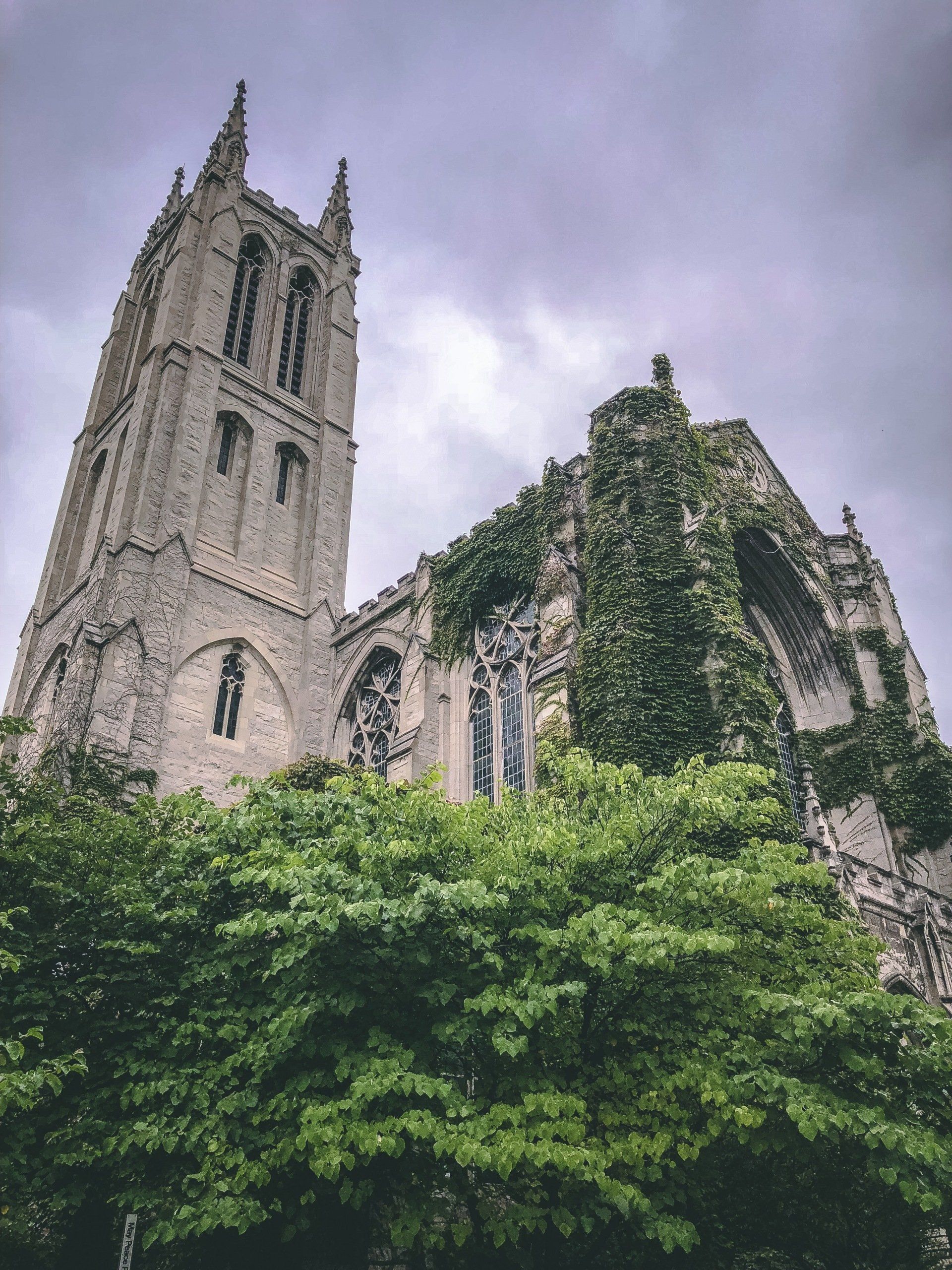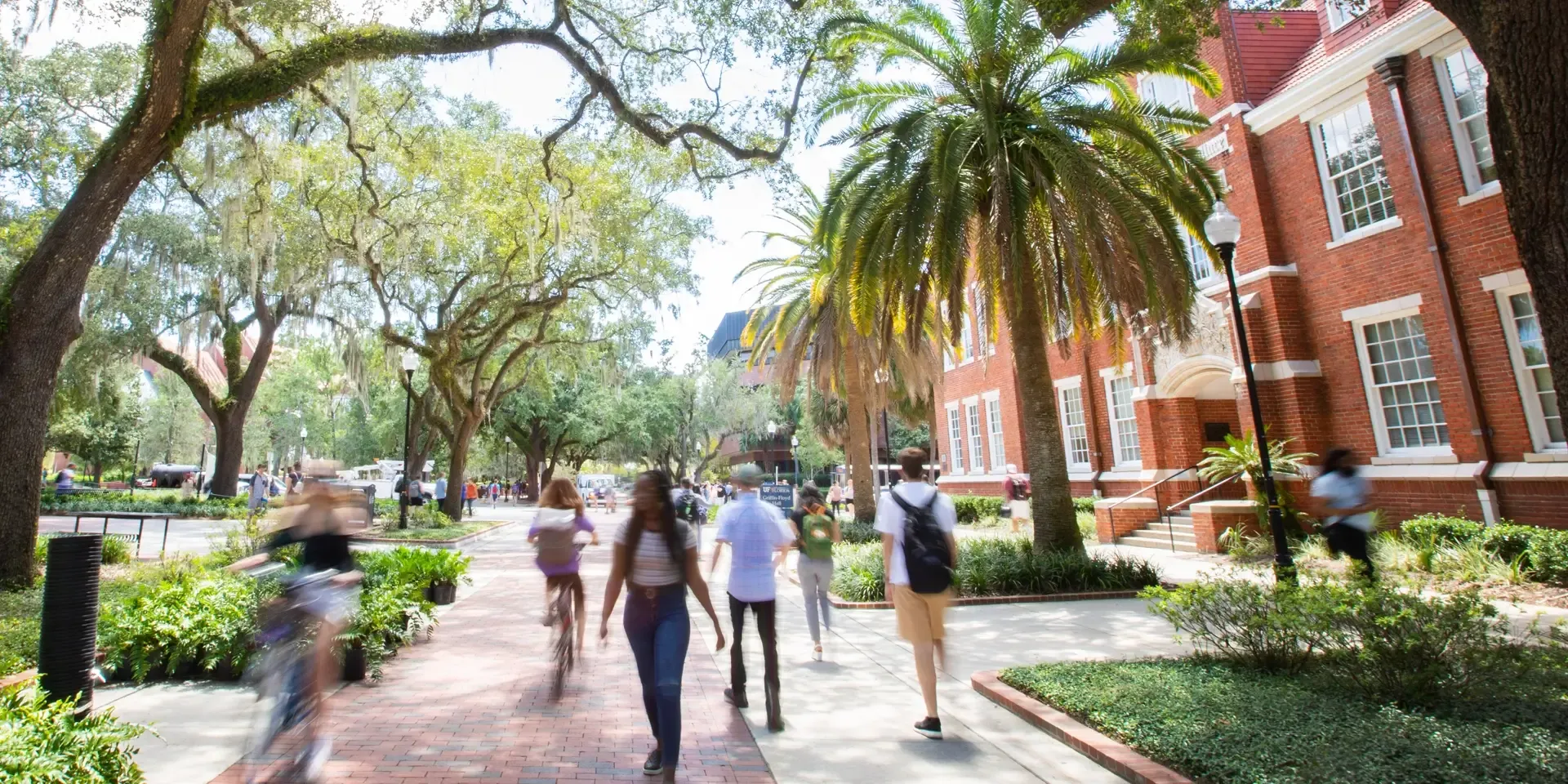Contact Us
Phone:
Email:
Location:
1234 Street Name, City, State 12345
Hours:
Mon - Fri 8am to 4pm
Stanford Law Rediscovers Free Speech

By the Editorial Board
Wall Street Journal Opinion
March 23, 2023 6:42 pm ET
The dean instructs student hecklers on the First Amendment.
Stanford Law School disgraced itself two weeks ago when its diversity administrator let students heckle and shout down federal Judge Kyle Duncan. The school is now trying to salvage its reputation, and it’s making some progress.
In a letter to the university community on Wednesday, Stanford Law Dean Jenny Martinez issued a defense of free speech on campus and laid out the school’s expectations for civil discourse and legal professionalism.
“Our commitment to diversity and inclusion means we must protect the expression of all views,” Dean Martinez writes. “The First Amendment bars regulation of speech on the grounds that listeners might find its content disturbing.” You’d think this would be self-evident to students of Stanford caliber, but the support for the Bill of Rights isn’t what it used to be on progressive campuses.
Ms. Martinez offered students a Constitution 101 tutorial. While protests are protected by the First Amendment, she writes, “the First Amendment does not give protestors a ‘heckler’s veto.’” She cites state and federal jurisprudence on First Amendment law and counsels students that “learning to channel the passion of one’s principles into reasoned, persuasive argument is an essential part of learning to be an effective advocate.”
Part of Stanford’s disgrace is that an associate dean for diversity, equity and inclusion, Tirien Steinbach, joined the protesters in denouncing Judge Duncan and questioning whether he should be allowed to speak. Ms. Steinbach, whom Ms. Martinez says is “on leave” from the school, explains herself nearby.
In her letter, Ms. Martinez says administrators should “avoid exercising their authority in ways that can chill speech.” She adds that the university’s “inclusive” policy covers groups like the Federalist Society that some students might not like. Those who want Stanford to restrict the group or its speakers “are demanding action inconsistent not only with freedom of speech but with rights to freedom of association that civil rights lawyers fought hard in the twentieth century to secure.”
No students who harassed Judge Duncan will be punished, but Ms. Martinez says students will be required to attend a half-day session in the spring to discuss “freedom of speech and the norms of the legal profession.” That should be fun.
It’s also a shame that in her letter Ms. Martinez felt she had to defend her earlier apology to Judge Duncan. In a better world, the students would be expected to apologize to the judge. But at least Stanford Law is trying to teach its charges, and uphold as a standard, some rudiments of the American Constitution.
Join and Be Updated
DFTD Sends monthly newsletters and periodical updates. Use the form below to stay updated.
Location:
PO Box 355
Davidson NC, 28036
Hours:
Mon - Fri 9am to 5pm
© 2022 All Rights Reserved | Davidsonians for Freedom of Thought and Discourse
Privacy Policy | Terms & Conditions | Disclaimer
Website powered by Neon One



